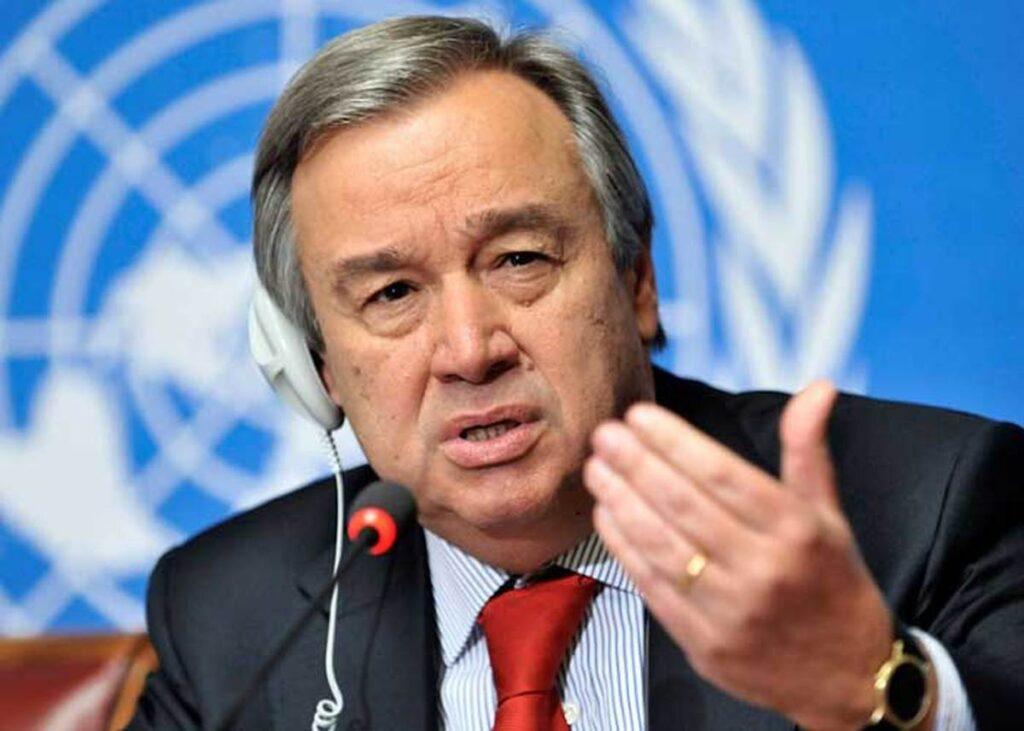During a press conference after the UN meeting in Doha regarding the situation in Afghanistan, UN Secretary General Antonio Guterres emphasized that the meeting aimed to develop a common international approach and was not about recognizing the Taliban as de facto authorities. He explained that the participants agreed on the need for strategic engagement to stabilize Afghanistan while addressing concerns related to persistent terrorist organizations, lack of inclusivity, and the severe undermining of human rights, especially those of women and girls. Guterres stressed the importance of engagement with the interim Afghan government and expressed concern about the humanitarian crisis in the country. He announced that the UN will continue to convene meetings to put the Afghan people first and seek support for the humanitarian response plan, which is seeking $4.6 billion but has only received $294 million. Additionally, Guterres denounced the ban on Afghan women working for the UN and other organizations as unacceptable and life-threatening. Political analyst Torek Farhadi noted that the UN is sending a clear message about the responsibility for the crisis created by the decisions of the interim government.
Guterres, speaking to the media after a meeting of envoys from more than 20 countries in Doha to discuss a common international approach to Afghanistan, also said concerns over the country’s stability were growing.
“We stay and we deliver and we are determined to seek the necessary conditions to keep delivering … participants agreed on the need for a strategy of engagement,” Guterres said.
The ban on female Afghan U.N. staff signalled by Taliban authorities last month was a violation of human rights, he said.
“We will never be silent in the face of unprecedented systemic attacks on women’s and girls’ rights,” he said.


